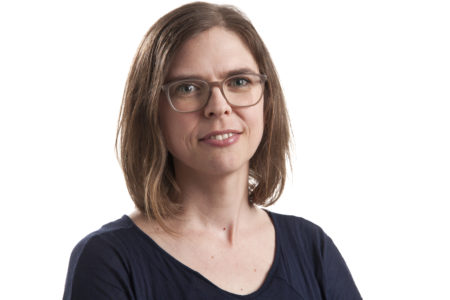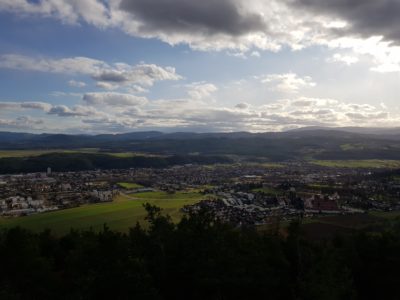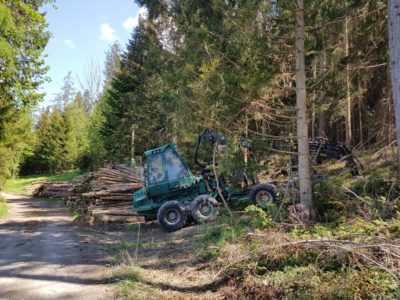Workshop IV, Simone Gingrich, 4 June 2020
Simone Gingrich is a researcher and lecturer at the Institute of Social Ecology at the University of Natural Resources & Life Sciences Vienna.
Her work focuses on interdisciplinary sustainability (sustainability sciences). She is interested in resource use and land use – how fossil energy is used and how it affects the land, and how this changes during industrialisation processes. Simone studies the biomass extracted each year, which is measured in terms of carbon. Fossil energy use can also be measured in terms of carbons. Biomass requires more labour to generate energy than fossil fuels.
Simone talks about two ways of understanding the economy: from a neoclassical point of view, which studies the markets, and from an ecological point of view. Oil is cheap, but its high environmental impact is not included in the price of oil. There are also vested economic interests underlying the current planetary modes of resource use. Capital growth is fuelled by oil.
She explains the ‘1950s syndrome’: after the Second World War, oil consumption increased. Energy prices dropped, so people could afford to consume a lot of energy. People’s values were increasingly shaped by consumerism. Technology began to play a central role. The 1950s then saw an acceleration process in consumption and resource use: the Great Acceleration.
For Simone, the problem of changing to a more sustainable use of energy is more social and cultural than merely technical. We adopted the belief in unlimited growth on a finite planet only 100 years ago, so this is fairly recent. Simone believes we need a socio-ecological transformation. There have been previous revolutions, like the Neolithic and the Industrial revolutions; the challenge today is to shape a transformation towards less, and more sustainable, resource use.
social ecology I sustainability I resources I economy I environment I social I cultural I growth


